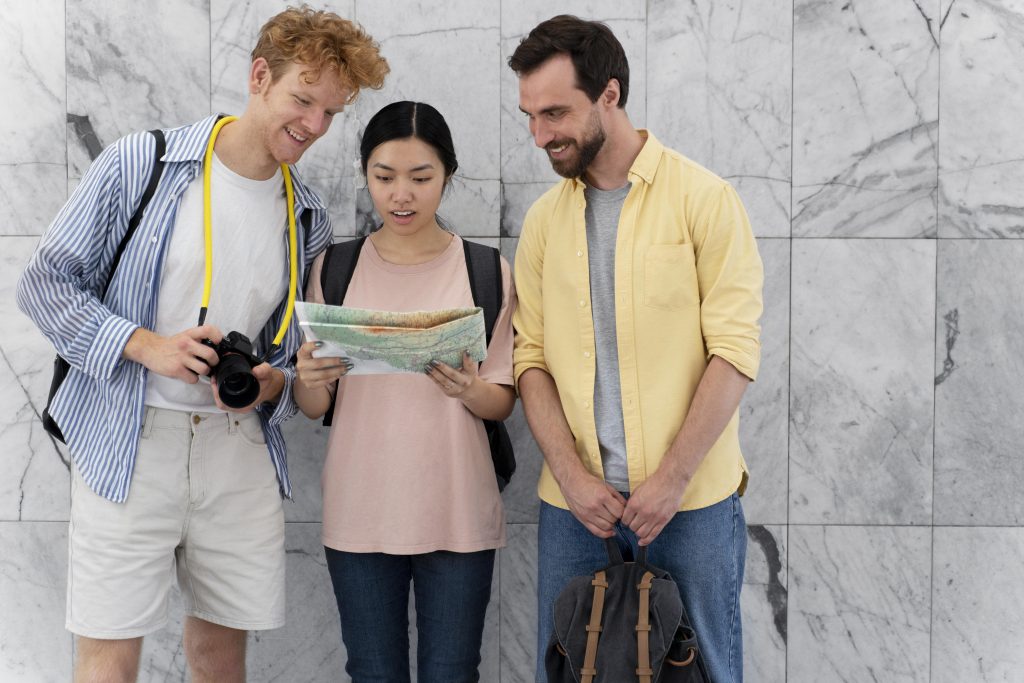
Importance of travel for teens
Traveling as a teenager can be a transformative experience. It exposes you to new cultures, broadens your horizons, and teaches you valuable life skills. Whether it’s a school trip, family vacation, or solo adventure, travel can be a lot of fun and a great opportunity for personal growth.
Purpose of the tips
This guide aims to provide tips and advice for teenagers who want to make the most out of their travel experiences. From pre-trip preparation to post-trip reflection, we’ll cover essential aspects of traveling as a teen.
Overview of the upcoming tips
In the following sections, we’ll discuss how to prepare for your trip, pack efficiently, stay healthy and safe, be culturally sensitive, manage your finances, and overcome challenges. By the end, you’ll have a comprehensive understanding of how to have a fun and enriching travel experience.
Pre-Trip Preparation
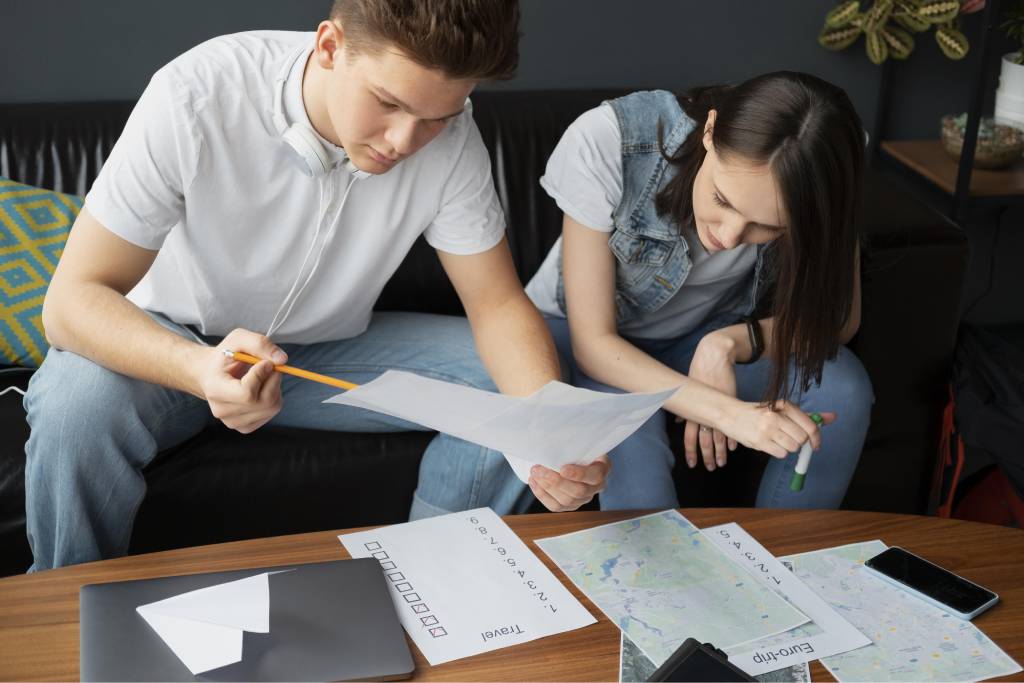
Research your destination
Start by researching your destination. Learn about the local culture, traditions, and attractions. Understanding the place you’re visiting will help you make the most of your trip.
Create a travel itinerary
Plan your trip by creating an itinerary. List the must-visit places, activities you’d like to do, and allow some free time for spontaneity.
Budgeting and saving
Estimate your expenses and start saving well in advance. Consider setting up an emergency fund for unexpected costs.
Packing and Essentials
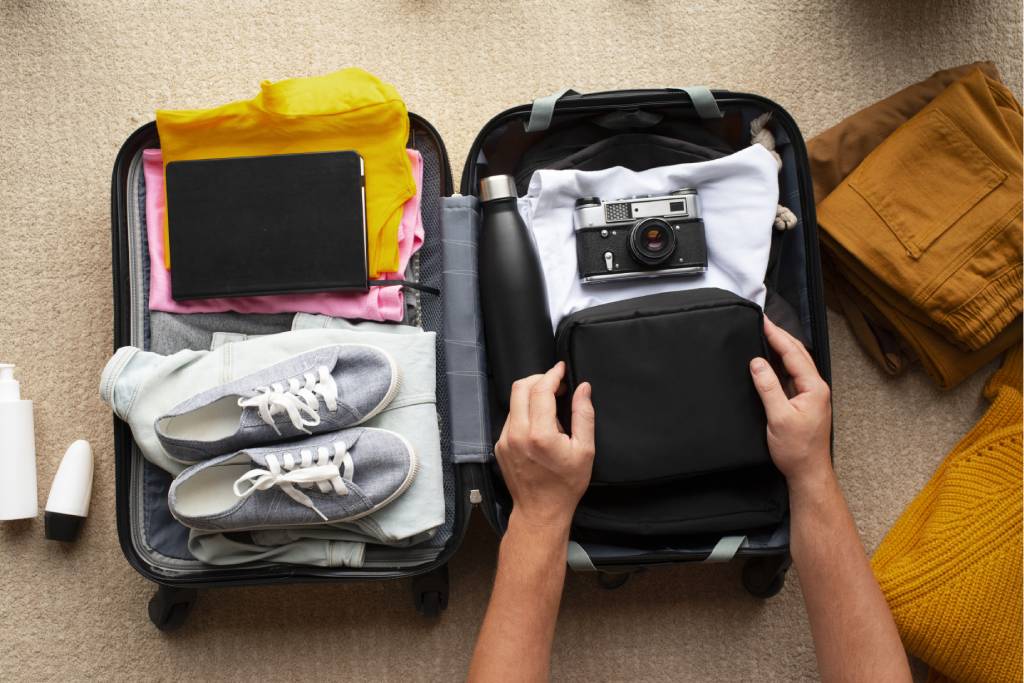
Packing efficiently
Pack versatile clothing suitable for the destination’s weather. Don’t forget toiletries, chargers, and other travel accessories.
Travel documents
Ensure you have all necessary travel documents, including passports, visas, and health insurance. Keep copies in a separate location.
Safety measures
Protect your belongings by securing valuables and being aware of your surroundings. Keep your personal safety a priority
Staying Healthy
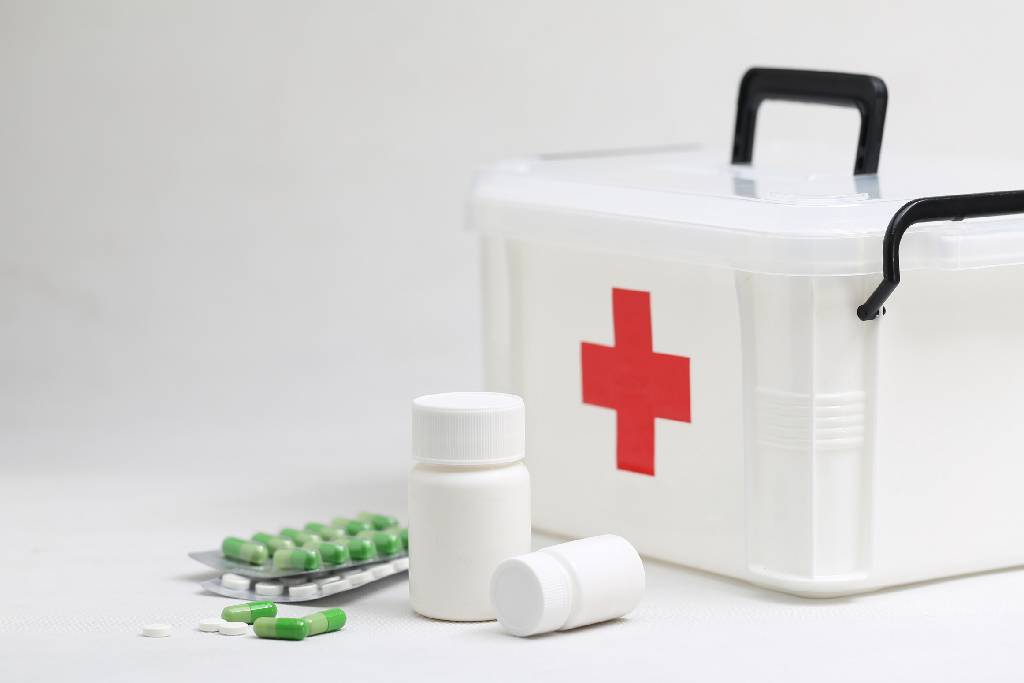
Vaccinations and health check-ups
Visit your doctor for any required vaccinations and a health check-up before your trip.
Medications and first-aid kit
Bring any necessary medications and a basic first-aid kit to address minor health issues.
Staying hydrated and eating well
Keep yourself hydrated and try local cuisine for a well-rounded travel experience.
Rest and managing jet lag
Get enough rest, especially if you’re dealing with time zone changes. It’s crucial for maintaining energy during your trip.
Travel Etiquette and Cultural Sensitivity

Respect local customs and traditions
Be aware of and respectful towards local customs and traditions. This shows appreciation for the host culture.
Dress code and modesty
Dress appropriately, especially in conservative areas. It’s essential to be mindful of local norms.
Language and communication tips
Learn a few basic phrases in the local language to facilitate communication. Politeness goes a long way when interacting with locals.
Tipping and gratuities
Understand the tipping customs of your destination to avoid unintentional disrespect or overspending.
Safety Abroad

Emergency procedures and contacts: Know emergency numbers and procedures in your destination. Share your itinerary with someone back home and stay in contact.
Stay in groups and avoid risky areas
Traveling with friends or a group can enhance safety. Avoid risky or unfamiliar areas, especially at night.
Use reputable transportation options
Choose safe and reliable transportation methods, whether it’s public transit or rideshares.
Keep friends and family informed
Regularly update your friends and family about your whereabouts and any changes to your plans.
Making the Most of Your Trip
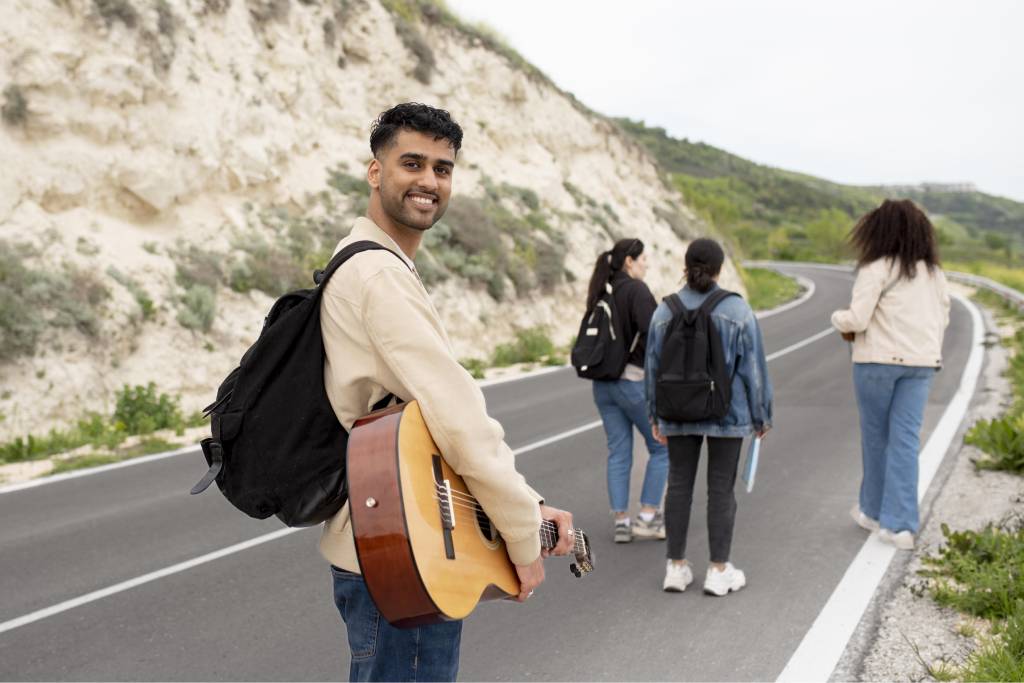
Be open to new experiences
Embrace new experiences and step out of your comfort zone. Travel is an opportunity for personal growth.
Interact with locals
Engage with locals to learn about their culture and way of life. It can lead to memorable and meaningful connections.
Try local cuisine
Food is a significant part of culture. Don’t hesitate to try local dishes and explore the culinary scene.
Document your journey
Capture memories through photos and journaling. You’ll cherish these mementos in the future.
Participate in group activities and tours
Joining group activities or guided tours can be an excellent way to meet fellow travelers and learn from knowledgeable guides.
Managing Finances Abroad

Currency exchange and banking
Familiarize yourself with currency exchange rates and banking options at your destination.
Tracking expenses
Keep track of your spending to ensure you stay within your budget.
Avoiding unnecessary spending
Be mindful of your expenses and avoid impulse purchases that can deplete your funds.
Handling unexpected financial issues
Have a plan in case of unexpected financial challenges, such as lost cards or theft.
Dealing with Challenges
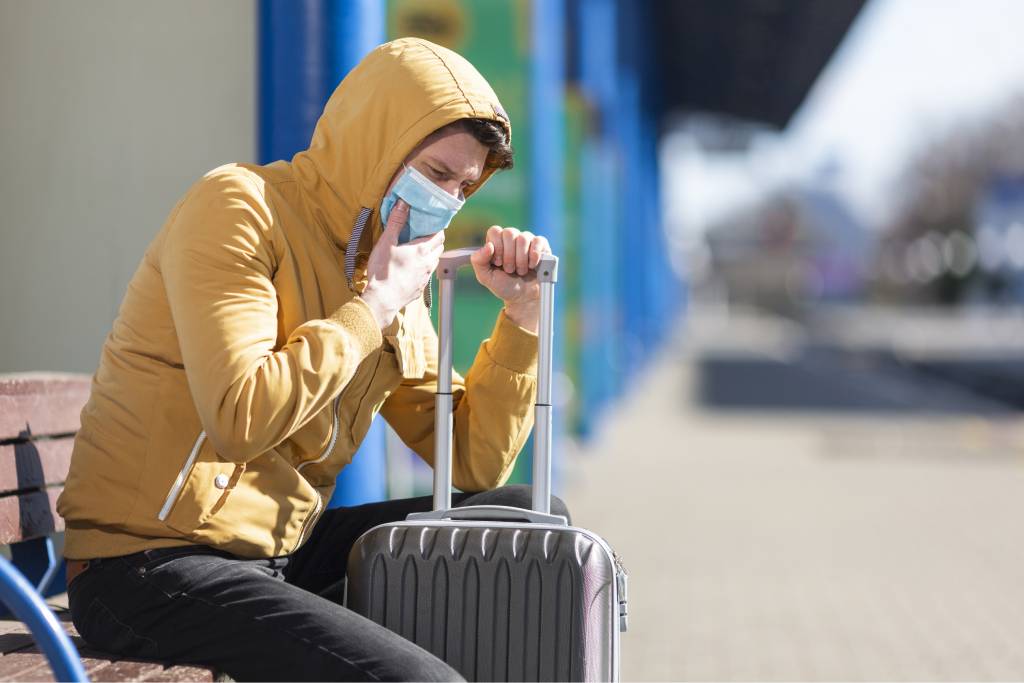
Homesickness
It’s normal to miss home; stay connected with loved ones through calls or messages.
Language barriers
Overcome language barriers with patience and creativity, like using translation apps or gestures.
Health issues
Seek medical help when needed, and don’t hesitate to ask for assistance from locals or fellow travelers.
Lost or stolen items
Report theft to local authorities and your embassy, and have backup copies of essential documents.
Post-Trip Reflection

Share experiences
Share your travel experiences with friends and family. It’s a great way to relive your journey and inspire others to travel.
Consider the impact
Reflect on how the trip has changed you and your perspective on the world.
Plan future travel adventures
Start thinking about your next travel destination and adventure.
Keep in touch
Stay connected with friends you made during your trip. They can be lifelong friends and travel buddies.